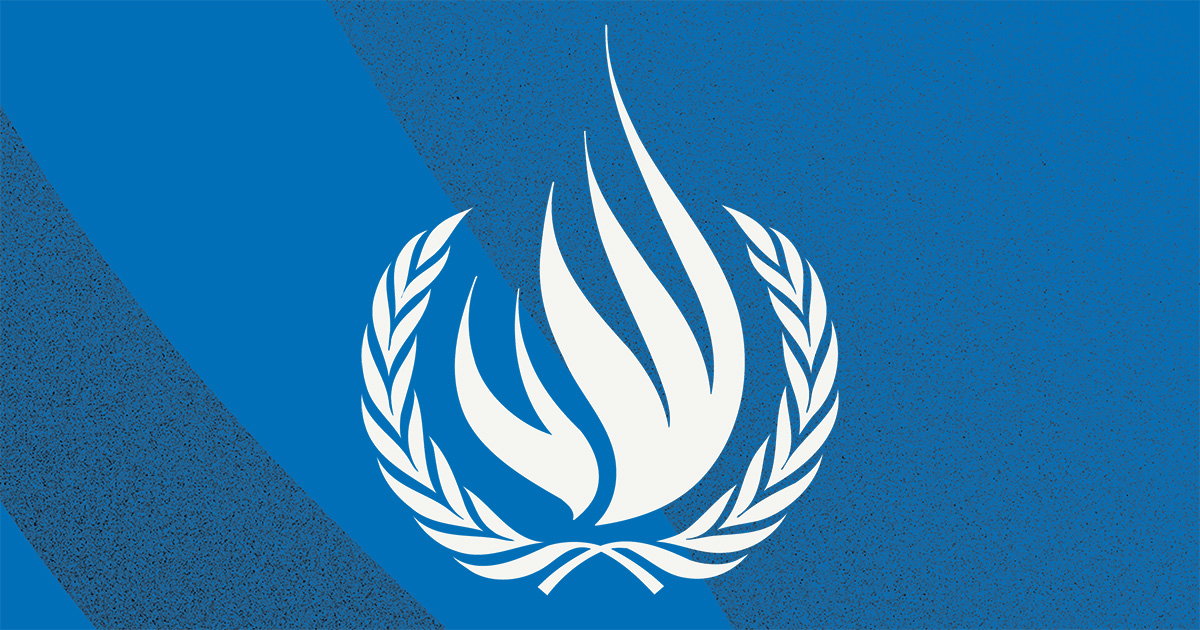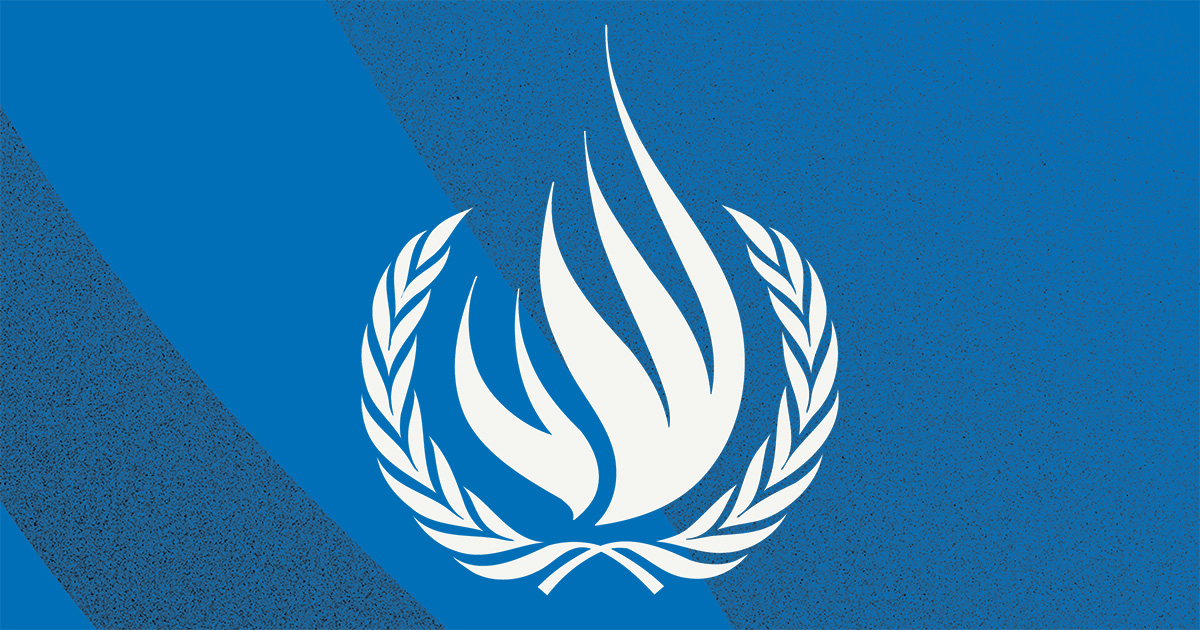
GENEVA (18 July 2022) – The deaths of at least 23 Africans attempting to cross the Spain-Moroccan border in Melilla was gravely concerning, UN experts said today, urging both governments to conduct an independent investigation of the incident and report progress.
The deaths occurred during an attempt by about 2,000 people to enter Spain by climbing the high fences surrounding Melilla, a Spanish enclave in North Africa.
“Any use of force by law enforcement officials must be guided by principles of legality, precaution, necessity, proportionality, accountability and non-discrimination,” said experts from the UN International Independent Expert Mechanism (IIEM) mandated to advance racial justice and equality in the context of law enforcement and the UN Working Group of Experts on people of African descent.
The IIEM has sought detailed information on the incident from the governments of Spain and Morocco, particularly on the ongoing investigations. The experts also urged both governments to provide information on the domestic regulation of the use of force and measures taken to ensure non-recurrence.
“We note that investigations have started and call on Spain and Morocco to take to all necessary steps alongside the European Union and the African Union to ensure prompt accountability, reparations for victims and preventing recurrence of unlawful deaths in accordance with their obligations,” the experts said.
The experts said that based on the information gathered, they will also assess legislation and law enforcement practices in both countries against applicable human rights standards, including the UN Basic Principles on the Use of Force and Firearms by Law Enforcement Officials, and the UN Human Rights Guidance on Less-Lethal Weapons in Law Enforcement.
“We wish to provide both governments with concrete recommendations to end this cycle of deadly encounters of Africans with law enforcement,” said Justice Mokgoro, Chair of the IIEM.
Experts from the Working Group recalled their 2018 visit to Spain (https://undocs.org/en/A/HRC/39/69/Add.2.) and concerns expressed over the collective expulsions and pushbacks at the borders of Spain in Ceuta and Melilla.
“We will continue to monitor the situation and engage with Spanish and Moroccan authorities,” the experts said. “We stand ready to provide guidance and recommendations to States and all relevant stakeholders to ensure that victims and their families obtain justice.”
ENDS
Justice Yvonne Mokgoro (South Africa, chairperson); Dr. Tracie Keesee (United States of America) and Professor Juan Méndez (Argentina) were appointed by the President of the Human Rights Council in December 2021 to serve as independent experts. The international independent expert mechanism to advance racial justice and equality in the context of law enforcement (IIEM) was established in July 2021 by the Human Rights Council to make recommendations, inter alia, on the concrete steps needed to ensure access to justice, accountability and redress for excessive use of force and other human rights violations by law enforcement officials against Africans and people of African descent.
The Working Group of Experts on People of African Descent was established on 25 April 2002 by the then Commission on Human Rights, following the World Conference against Racism held in Durban in 2001. The Working Group is part of what is known as the Special Procedures of the United Nations Human Rights Council. It is composed of five independent experts: Ms. Catherine S. Namakula (Uganda) current Chair-Rapporteur; Ms. Barbara Reynolds (Guyana); Ms. Dominique Day (United States of America); Mr. Sushil Raj (India) and Ms. Miriam Ekiudoko (Hungary).
The experts are are part of what is known as the Special Procedures of the Human Rights Council. Special Procedures, the largest body of independent experts in the UN Human Rights system, is the general name of the Council’s independent fact-finding and monitoring mechanisms that address either specific country situations or thematic issues in all parts of the world. Special Procedures experts work on a voluntary basis; they are not UN staff and do not receive a salary for their work. They are independent from any government or organization and serve in their individual capacity.
For more information and media requests, please contact: Yasmine Hadjoudj yasmine.hadjoudj@un.org
For media inquiries related to other UN independent experts please contact Jeremy Laurence (+41 79 444 7578 / (jeremy.laurence@un.org) or Dharisha Indraguptha (+41 79 506 1088 / dharisha.indraguptha@un.org)
For media inquires related to the IIEM please contact Rolando Gomez (+41 79 477 4411 / rolando.gomez@un.org) or Pascal Sim (+41 76 824 7393 / simp@un.org)
Follow news related to the UN’s independent human rights experts on Twitter @UN_SPExperts.
Concerned about the world we live in?
Then STAND UP for someone"s rights today.
#Standup4humanrights and visit the web page at
http://www.standup4humanrights.org









